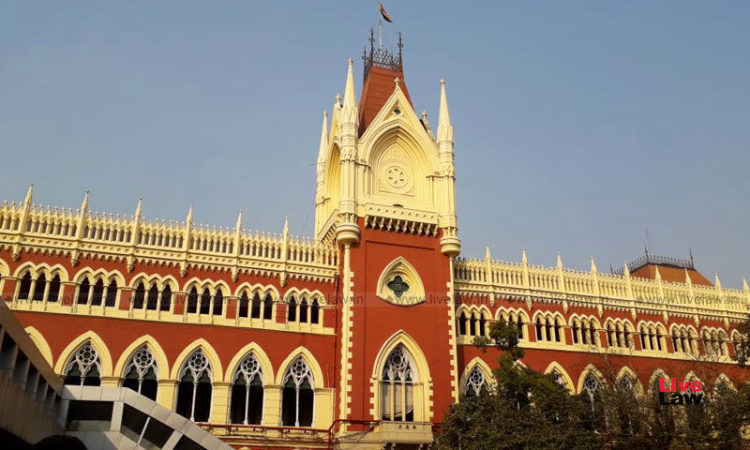The Calcutta High Court has upheld the constitutional validity of the explanation to Section 10AA(1) of the Income Tax Act inserted by the Finance Act 2017.The bench of Justice Md. Nizamuddin has observed that the principle of legitimate expectation is not applicable to the case of the petitioner, and the explanation after Subsection (1) of Section 10AA of the Income Tax Act, 1961, inserted...

